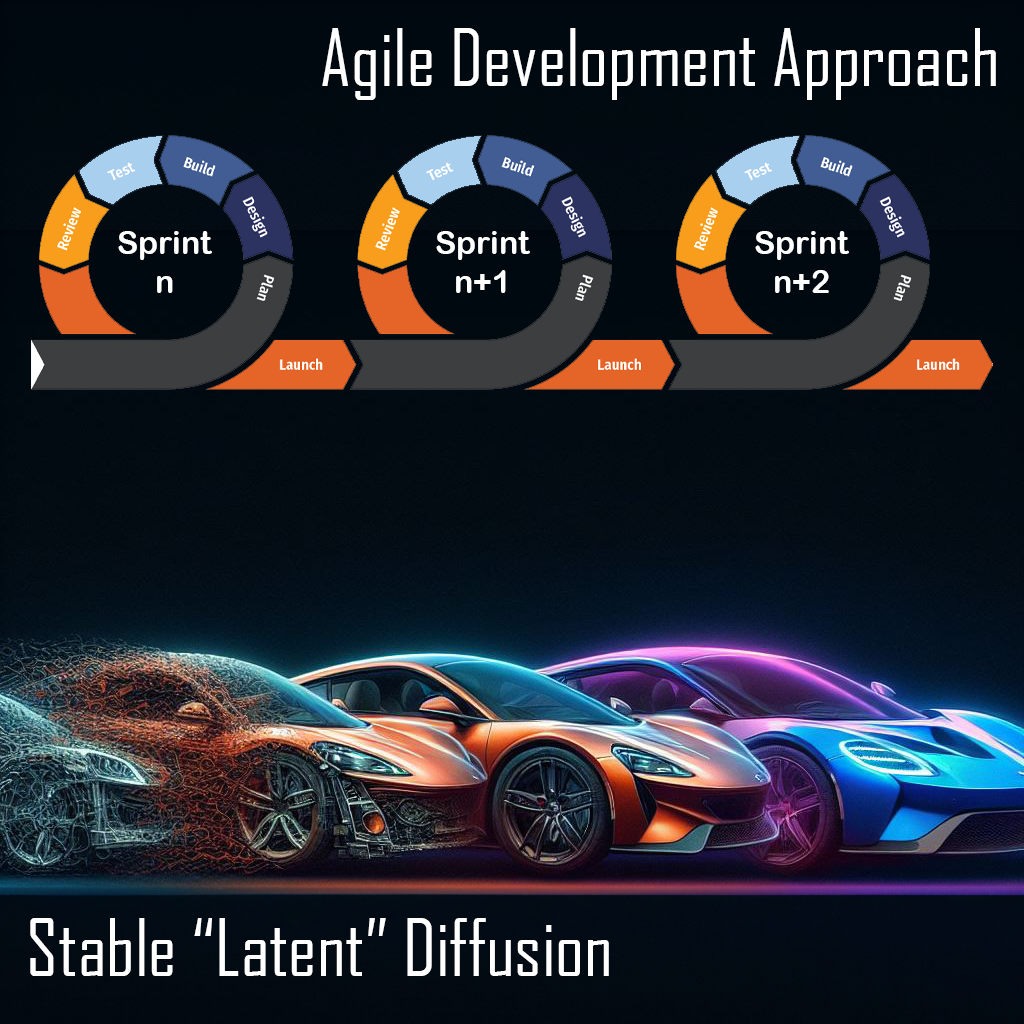Agile is a mindset and a set of principles and practices that prioritize flexibility, collaboration, and customer value in the development and delivery of products and services. The main areas of focus in Agile methodologies are often described through the values and principles outlined in the Agile Manifesto. The Agile Manifesto emphasizes:
- Individuals and Interactions over Processes and Tools:
- Prioritizing the importance of effective communication and collaboration among team members over relying solely on tools and processes.
- Working Software over Comprehensive Documentation:
- Valuing the delivery of functional software over extensive documentation. Documentation is important, but it should not hinder the progress of delivering a working product.
- Customer Collaboration over Contract Negotiation:
- Emphasizing the importance of ongoing collaboration with customers throughout the development process, adapting to changing requirements rather than rigidly adhering to predefined contracts.
- Responding to Change over Following a Plan:
- Acknowledging that change is inevitable, and the ability to respond to change is more valuable than strictly adhering to a fixed plan. Agile methodologies encourage adaptability and flexibility.
These four Agile values are supported by 12 principles that guide Agile teams in their approach to software development. Some key principles include:
- Welcoming changing requirements, even late in development.
- Delivering working software frequently, with a preference for shorter timescales.
- Building projects around motivated individuals and giving them the support and environment they need.
- Ensuring ongoing collaboration between business stakeholders and developers throughout the project.
Additionally, Agile methodologies often include specific practices and frameworks, such as Scrum, Kanban, and Extreme Programming (XP), each providing a unique set of guidelines and roles to implement Agile principles effectively.
In summary, the main areas of Agile focus on valuing individuals and interactions, working software, customer collaboration, and adaptability to change. The Agile Manifesto and its principles guide the development of Agile methodologies and practices.



